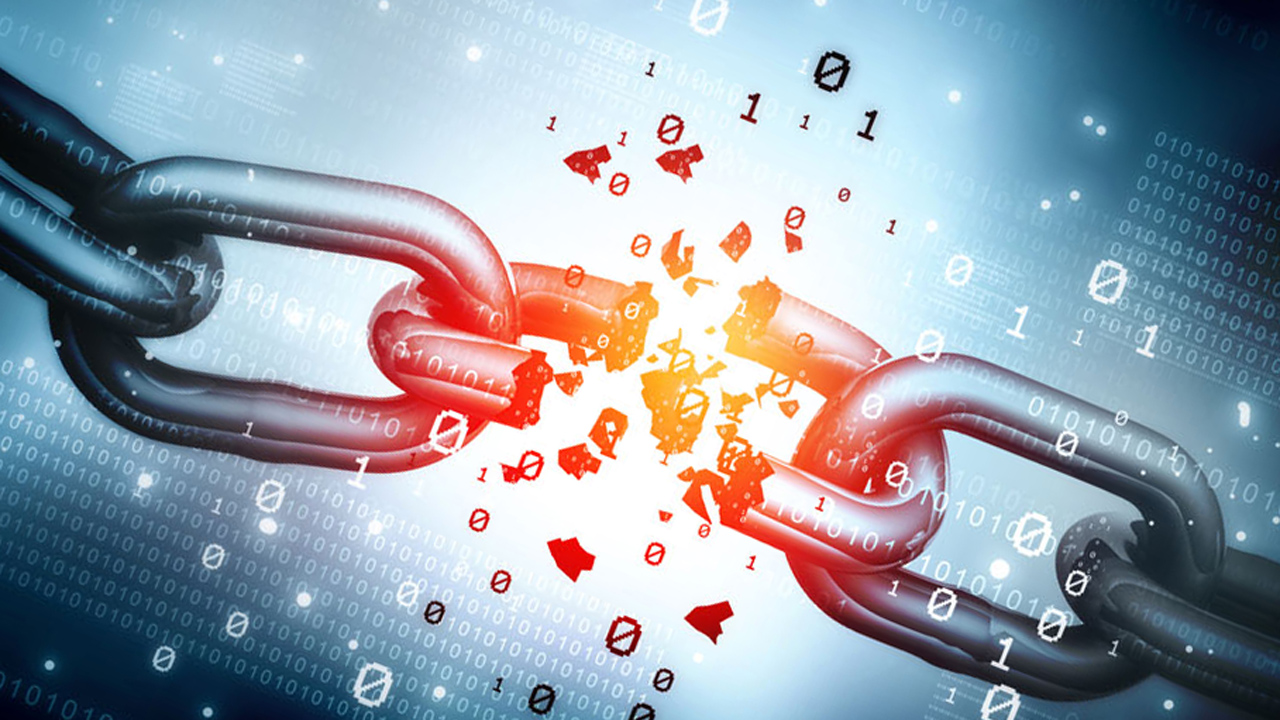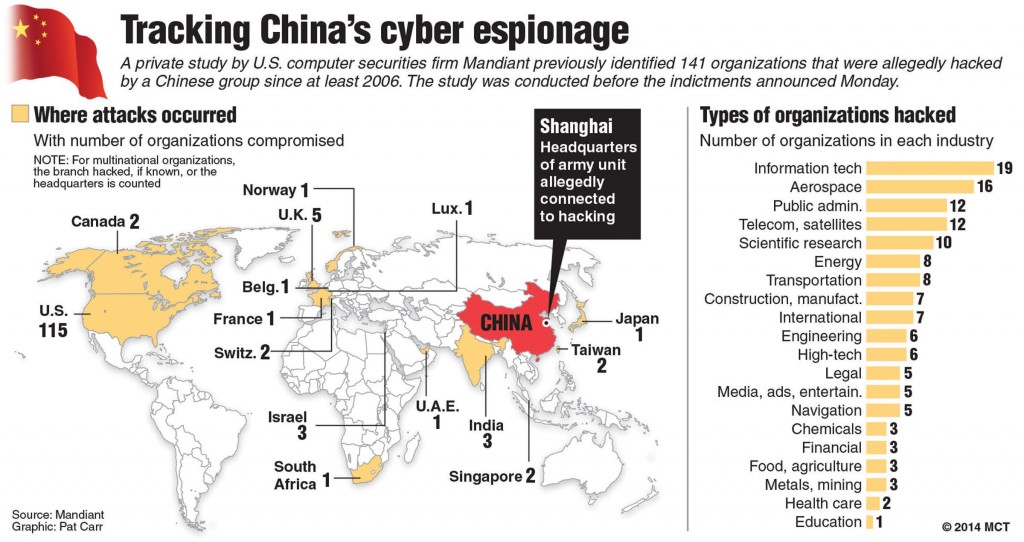

In each of the national case studies, initial confusion at lack of clarity in net neutrality laws gave way to significant cases, particularly since 2014, which have given regulators the opportunity to clarify their legislation or regulation. The book takes a deep dive into UK self- and co-regulation of net neutrality. It examines the new European law of 2015 and the interaction between that law and interception/privacy. This book explains the beginnings of net neutrality regulation in the United States and Europe, and some of the current debate over access to Specialised Services: fast lanes with higher Quality of Service (QoS). The book eventually asks whether it is not international law itself that is the

Innovative way, by identifying for both dimensions obligations of result, dueĭiligence obligations, and obligations to progressively take steps (treatment). In the book allows the reconceptualisation of states’ obligations in an The pervasiveness of patterns of discrimination (diagnosis). Of VAWH, drawn from the anamnesis, enriches the traditional concept of violenceĪgainst women with a human rights-based approach to autonomy and a reflection on Horizontal, ‘interpersonal’ dimension and the vertical ‘state policies’ĭimension – are investigated through around 70 decisions of domestic, regionalĪnd international judicial or quasi-judicial bodies (the anamnesis). The two dimensions of violence at the core of the book – the Rights legal scholarship by conceptualising a new ground-breaking idea, violenceĪgainst women’s health (VAWH), using the Hippocratic paradigm as the backbone of It significantly contributes to feminist and international human Health policies might be a cause of – or create the conditions for – violenceĪgainst women. Violation of the right to health is a consequence of violence, and that (state) The book explores the relationship between violence against women on one hand,Īnd the rights to health and reproductive health on the other. This text raises questions concerning the appropriate theoretical tools for analysing European integration. It investigates the birth of EU sports law and policy by examining the impact of the Bosman ruling and other important European Court of Justice decisions, the relationship between sport and EU competition law, focusing particularly on the broadcasting of sport, the organization of sport and the international transfer system, and the relationship between sport and the EU Treaty, focusing in particular on the impact of the Amsterdam and Nice declarations on sport and the significance of the Helsinki report on sport. Can regulation at the EU level reconcile this tension? Adopting a distinctive legal and political analysis, this book argues that the EU is receptive to the claim of sport for special treatment before the law.

Yet sport is not only a business, it is a social and cultural activity. The development of the European Union (EU) and the internationalization of sporting competition have added an international dimension to this debate. The increasing commercialisation of sport raises important questions concerning regulation. Most States also acknowledge the development of intelligence programs, but without claiming a right to do so. In fact, it results in significant tensions and is not endorsed by the UN Charter. This lack of prohibition does not mean, however, that cyber-espionage is authorised. If this approach is progressively gaining acceptance among States, it does not result in a prohibition of cyber-espionage either, as it fails to cause destruction. According to this view, a cyber-operation qualifies as use of force (or an armed attack) when its effects are similar to a non-cyber operation rising to the level of a use of force. Alternative interpretations were proposed by experts, and the consequentialist approach is part of them. However, cyber-espionage devices do not qualify as such. According to a traditional ‘instrumental’ interpretation of Articles 2(4) and 51, the use of force and armed attacks must involve a specific means: weapons. This chapter demonstrates that cyber-espionage is neither prohibited, nor promoted by the UN Charter.


 0 kommentar(er)
0 kommentar(er)
